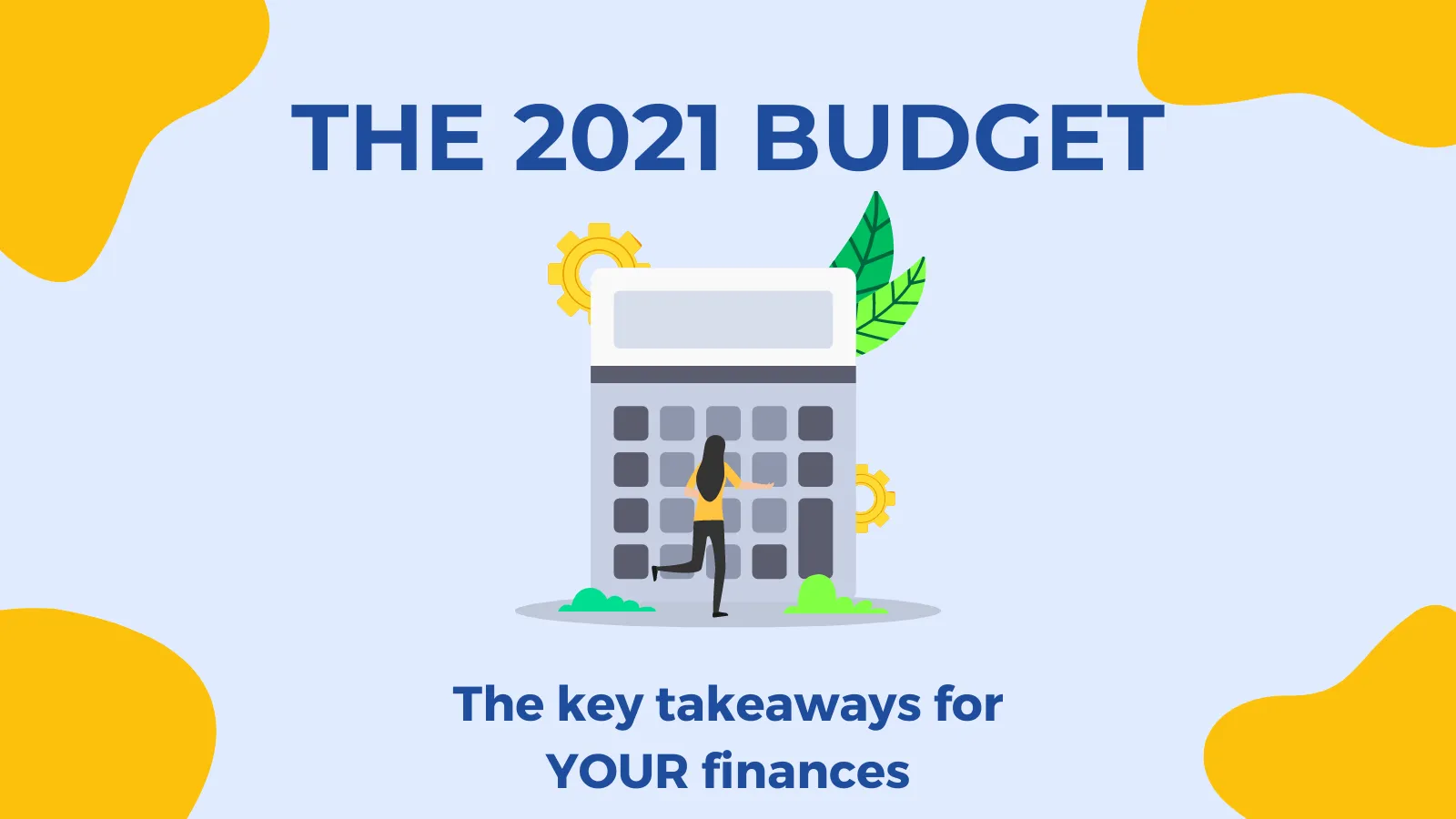The Autumn Budget 2021 has been announced. Amongst all the financial jargon it can be difficult to understand how the budget announcement will actually affect you. Read on as we decode the main points in this year’s budget and explain how the budget will impact your finances.
Key takeaways from the Autumn Budget 2021
Increase in the National Living Wage
As of April 2022 the National Living Wage will increase by 6.6% meaning that those aged 23 and over will be paid at least £9.50 an hour. Meanwhile, the apprentice wage will rise from £4.30 to £4.81.
Public sector staff are also set for a pay rise in April with the pay freeze coming to an end. However, full details on this and whether it will actually outstrip inflation are yet to be confirmed.
Universal Credit Taper
In another key win for earners, the Universal Credit Taper will reduced from 63% to 55%.
As it stands, Universal Credit claimants have 63p deducted from their Universal Credit for every £1 that they earn. Dubbed the ‘work tax’ by Rishi Sunak, it will mean that claimers of Universal Credit aren’t penalized for working more and could therefore mean two million UK residents are better off.
However, this won’t benefit over a million Universal Credit workers who either don’t work or don’t earn enough for the changes to benefit them. It is also unlikely that the Universal Credit Taper reduction will counteract the loss of income that the end of the Universal Credit Uplift brought.
Fuel duty rise cancelled
The fuel duty has been capped for over a decade. The Chancellor has decided to freeze this for at least another year in a bid to prevent even higher prices at the pumps. However, fuel prices still remain at their highest ever levels according to the RAC, one contributing factor to higher living costs for consumers.
Taxes and National Insurance
Although given minimal attention in the Autumn budget, we already know about two considerable tax decisions that will impact your finances.
Firstly, the thresholds a twhich income tax is paid are frozen at April 2021 levels for five years. This means pay rises will push more people into higher tax bands.
We also already know that National Insurance will rise by 1.25% per pound to help pay for social care; a move that has been criticised for hitting the poorer in society.
The Cladding Crisis
By charging property developers with profits over £25m a levy at a rate of 4%, the government are creating a £5bn fund to remove unsafe cladding from high rise buildings.
However, the news may not be as positive as it seems for homeowners living in unsafe flats as campaigners are calling the fund insufficient to deal with the cladding crisis.
Is the Autumn Budget 2021 good news for consumers?
Of course, as with every sweeping financial announcement there is no clear cut answer.
Although the Autumn Budget 2021 contains pay rises for the public and private sector and some well-needed relief for Universal Credit claimants and victims of the cladding crisis, it sadly does little to address the rising cost of living. Inflation is currently increasing at its highest rate since records began and living costs are not far behind, especially with soaring gas prices. Meanwhile, as Rishi Sunak himself admitted, we are still facing the costs of the pandemic both across the economy and in individual households.
On the whole, the budget contains some positive financial steps for consumers but it does not eradicate the tough winter consumers have ahead.
If you are worried about your finances this winter and are struggling to make ends meet, try our free online debt advice tool to see if our debt solutions can help.


